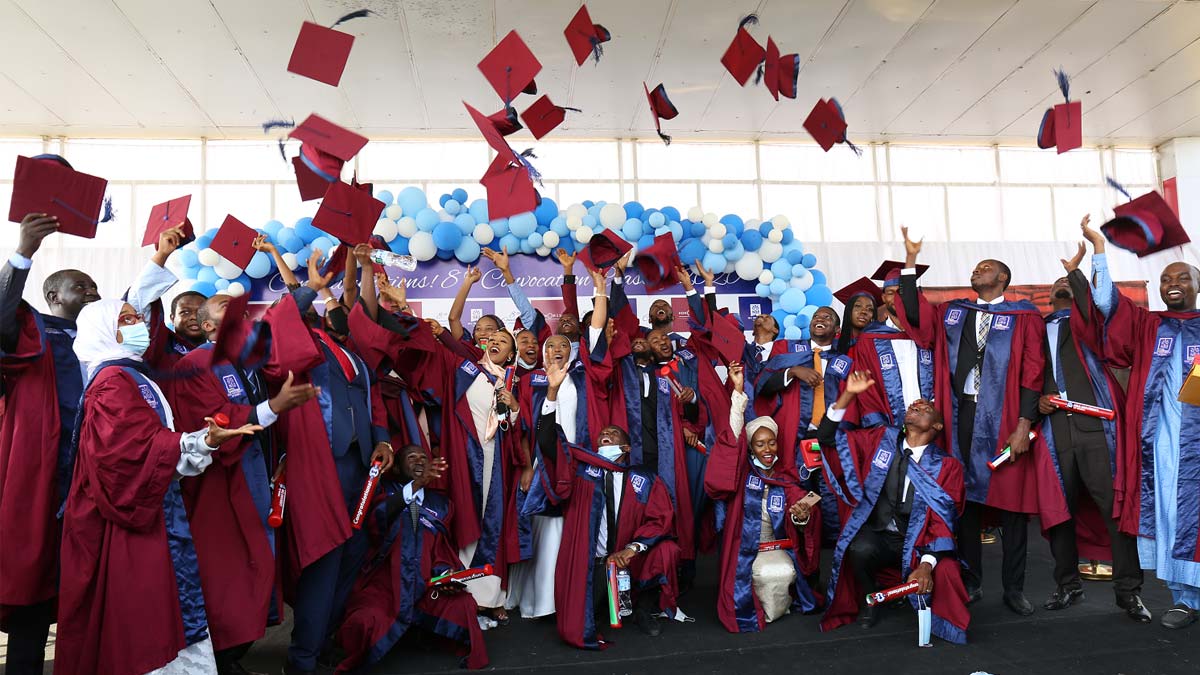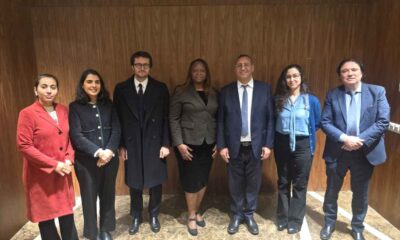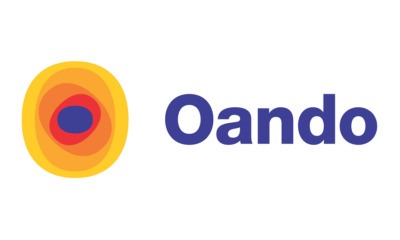Honoris United Universities releases its inaugural impact report
LONDON, United Kingdom, May 24, 2022/ — Honoris (Honoris.net)equips >61,000 students with future-proof skills to build rewarding careers solving Africa’s most pressing challenges; Honoris is championing digital skills with 10,000 new students enrolled onto its 21st Century Skills Certificate; additional 100,000 students projected to enrol in the next 5 years; 80% of Honoris graduates gain access to the job market within 6 months of graduating, an industry-leading benchmark; Actis-backed pan-African education platform secures one of the highest impact scores across Actis’ portfolio.
Honoris United Universities (Honoris.net), the first and largest pan-African network of private higher education institutions in Africa, releases its inaugural impact report. The report highlights Honoris’ commitment to Education for Impact for students, their families and communities across Africa and assesses that Honoris has so far transformed over 770,000 lives across Africa by preparing its students to pursue rewarding regional and international careers.
Formed in 2017, the Honoris network constitutes 15 institutions spread across 10 countries in North, West, Central and Southern Africa, doubling in recent years to accommodate over 61,000 students. Honoris’ approach to education through collaborative intelligence serves as a strong platform to unite markets across borders, aligned to the principles underpinning the AfCFTA and the AU Agenda 2063, whilst equipping tomorrow’s workforce with the requisite skills to thrive in industries undergoing radical transformation and disruption amidst the Fourth Industrial Revolution (4IR).
Africa is a continent of tremendous untapped potential, with more than 420 million youth aged 15 to 35. The increase in human-machine interaction shaping the 4IR is creating new types of jobs and demanding a unique combination of digital and human skills in the modern workplace. More than 130 million new jobs will likely emerge across the globe before 2030 as a result of the 4IR, which will require a set of soft and technical skills which are currently unmet by the traditional education models in place.
PwC recently surveyed global CEO’s from over 90 territories to assess the availability of 4IR skills and in Africa, 87% expressed concerns about the availability of key skills compared to 79% of other correspondents. Honoris is addressing this by reimagining education for the 4IR with its Education for Impact mission, widening access to quality education and preparing future leaders to address the continent’s most pressing development issues and contribute to Africa’s transformation.
Honoris Group CEO, Dr Jonathan Louw, commented:“By living our core values of collaborative intelligence, cultural agility, and mobile mindsets, Honoris has become today what was envisioned five years ago – transformational pan-African social infrastructure to educate tomorrow’s workforce and harness Africa’s demographic dividend. Whilst we continue to adapt to a post-pandemic environment and leverage technologies to increase access to quality education, we take a moment to celebrate this achievement, whilst using it to power and ignite the journey ahead. A journey that the People of Honoris will continue to forge with the same authenticity and passion as was held five years ago, to better serve our students across Africa.”
Shami Nissan, Partner Sustainability at Actis, added:“Education for Impact means being intentional about the way we educate the next generation of leaders. It is important for an organization to know what their goals are and to set out a plan to achieve them. Honoris has set its vision and has proceeded with intention in providing students across Africa with high quality education that is accessible and affordable. Furthermore, in sewing an internal spirit of fairness and responsibility, and striving to provide services that are sustainable and purpose-driven, Honoris will reap the kind of students that will emulate these core values in the way they go on to make their impact in the world.”
The report reflects and examines the extent to which Honoris has transformed the lives of learners throughout the continent, up to December 2021, across six core pillars of operation, which include: quality of learning; employability, innovation; communities; sustainability and network, framed around the organisation’s contribution to 11 of the 17 United Nations Sustainable Development Goals.
Some of the highlights featured in the report include:
- Employability: 80% of Honoris graduates gain access to the job market within 6 months of graduating. Honoris has developed 400+ partnerships to help prepare students for the transition from academia to the workplace, with 22 Career Centres used by more than 21,000+ students.
- Innovation: 38 new programs, including Artificial Intelligence, Data Science, Fintech, and Cyber Security, have been added to Honoris courses in 2021 to address growing tech demands. To further integrate coding as the new second language throughout the network, Honoris launched the Honoris 21st Century Skills Certificate, the network’s first transversal program embedding the key digital and soft skills required for the new world of work. In 2021, 10,000+ students enrolled onto the certificate with an additional 100,000+ students projected in the next 5 years.
- Communities: Now recognized as a leader in STEM education, Honoris’ leading engineering schools grew from 5,200 total enrolments in 2018 to 20,400 in 2021. In South Africa, a focus on the education vertical saw nearly 500 educational professionals undergo training to narrow the gap of skilled teachers across the continent. In 2021, Honoris awarded 1,000+ scholarships and bursaries to students across Africa.
Formed in 2017 by leading global investment firm Actis, Honoris is committed to transforming the lives of Africa’s future workforce by providing relevant education for lifetime success. Championing new methods of delivery and technologies, the network has developed unique academic models designed to address Africa’s key educational challenges to improve the employability and life skills of graduates.
Honoris worked closely with Actis, in light of its award-winning focus on impact investment, to calculate a precise impact score using a proprietary framework measuring the positive social and environmental impacts of Actis investments and enabling comparison across sectors and geographies. This score, generated for the first time in 2022, demonstrates that Honoris delivered transformational progress specifically in the areas of Quality Education; Employment Access; Gender Equality; and STEM Education. A detailed breakdown of these impact multiples is available within the report.
Access the full report at: https://bit.ly/3sSGE4m
Distributed by APO Group on behalf of Honoris United Universities.


 Business5 days ago
Business5 days ago
 Business5 days ago
Business5 days ago
 Energy5 days ago
Energy5 days ago
 Business5 days ago
Business5 days ago
 Energy3 days ago
Energy3 days ago
 Business5 days ago
Business5 days ago
 Business3 days ago
Business3 days ago
 Business3 days ago
Business3 days ago












